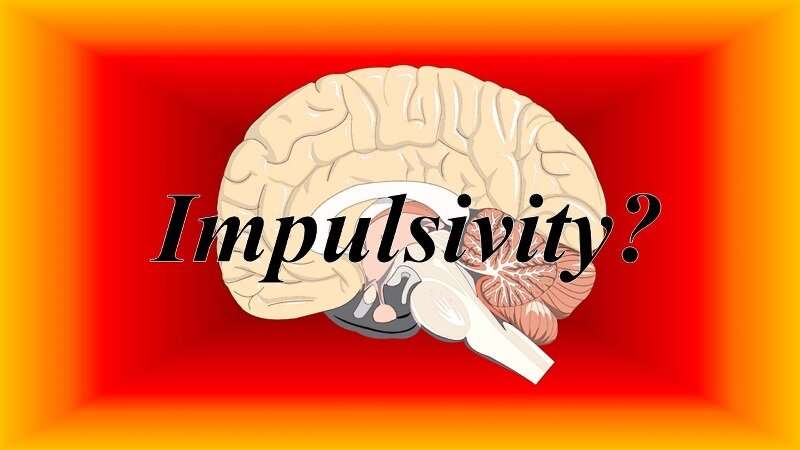
When a word is too frequently used as a catch-all term, its definition becomes too broad and it can stop meaning anything concrete. That’s why Johns Hopkins Medicine researchers suggest that the descriptive term “impulsivity” has become so overgeneralized that it’s no longer useful to describe mental conditions such as substance use disorders, attention deficit/hyperactivity disorder (ADHD) and others listed in the psychiatry bible, the Diagnostic and Statistical Manual of Mental Disorders (DSM).
In a new theoretical analysis published on Sept. 24, 2020, in Psychological Review, the researchers say disorders cluster with certain kinds of impulsive behaviors that are individually very distinct for helping to define an illness or condition. They argue that lumping everything together muddles clarity and understanding in the fields of psychology, psychiatry and neuroscience. Rather, they say, researchers should stop using the catch-all term “impulsivity,” and refer to more specific and validated types of behaviors and traits as is done for dozens of other concepts in psychology.
A major reason that different behaviors or traits have been lumped together as “impulsivity” is that clinical disorders, such as substance use disorders, are linked with more than one kind of characteristic.
“There are many ways to be bad at basketball: a person is too short, they can’t dribble, can’t do free-throws, they are selfish and don’t pass the ball, or can’t take instructions from a coach,” says study co-author Matthew Johnson, Ph.D., professor of psychiatry and behavioral sciences at the Johns Hopkins University School of Medicine. “It doesn’t mean that height is the same thing as selfishness. Similarly, there are many ways that someone with a mental health disorder can do poorly in life.”
Impatience, lack of attention to remaining on a task, risk taking or having a hair-trigger response have all been considered types of impulsivity. However, past research has shown that each of these behaviors occurs through different processes in the brain, and they have distinct mechanisms linked to different clinical conditions. For example, the DSM defines impulsive behavior in different ways for disorders such as ADHD and antisocial personality disorder.
Source: Read Full Article
